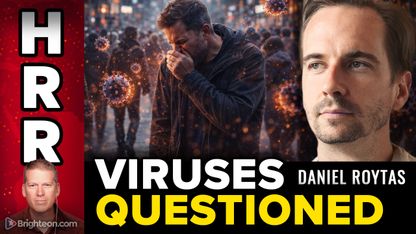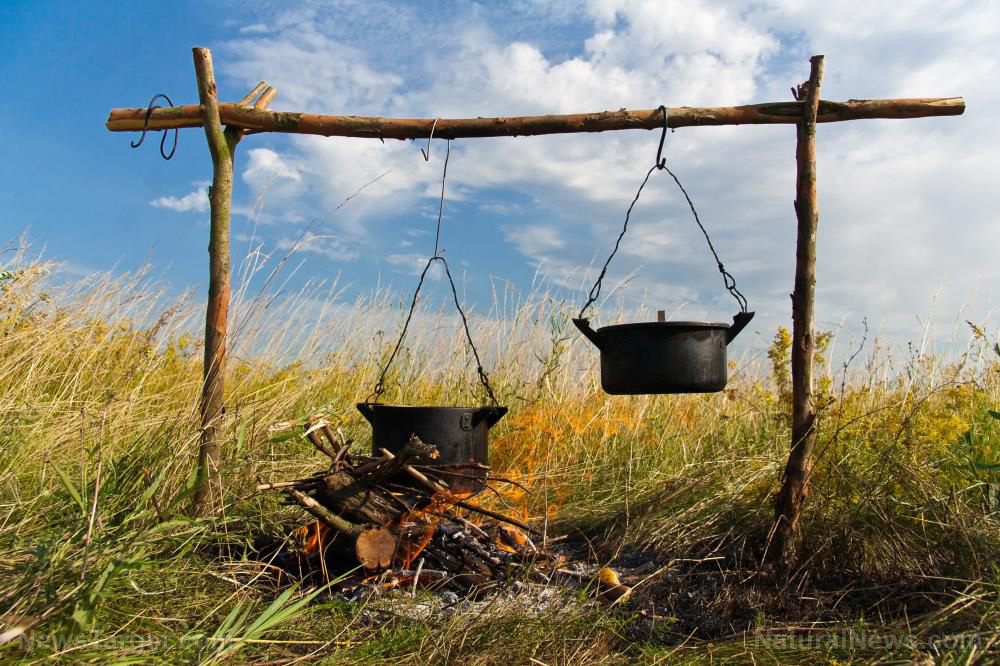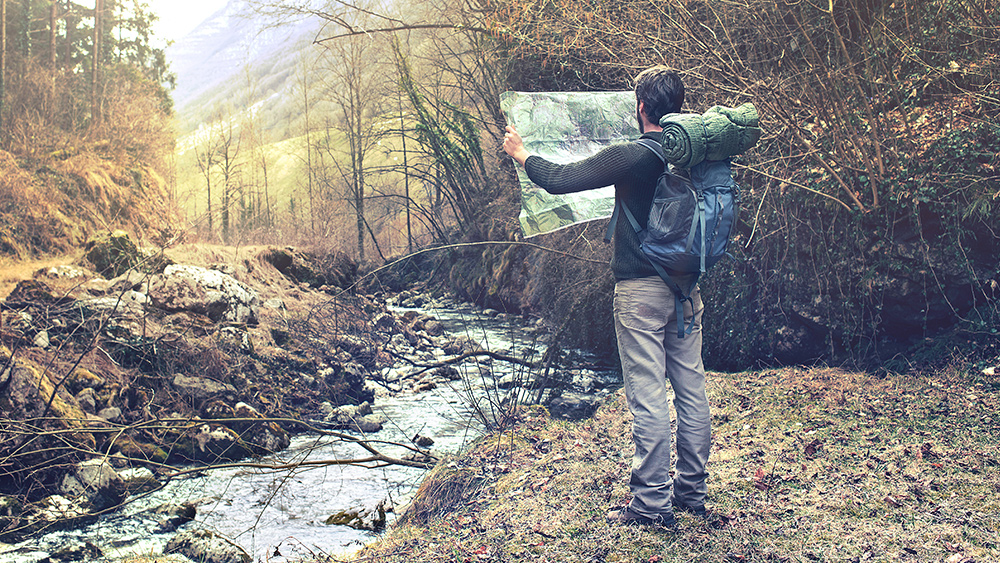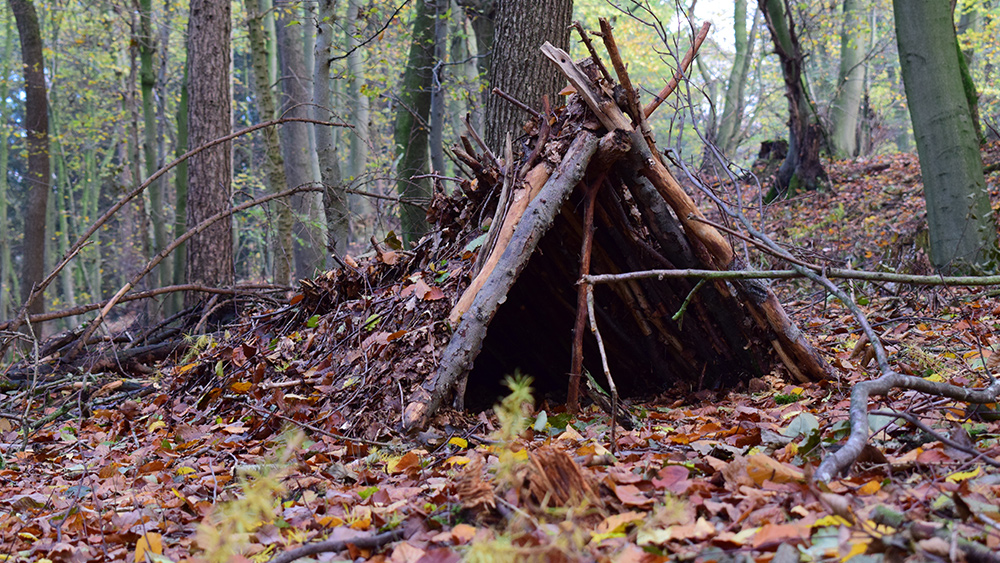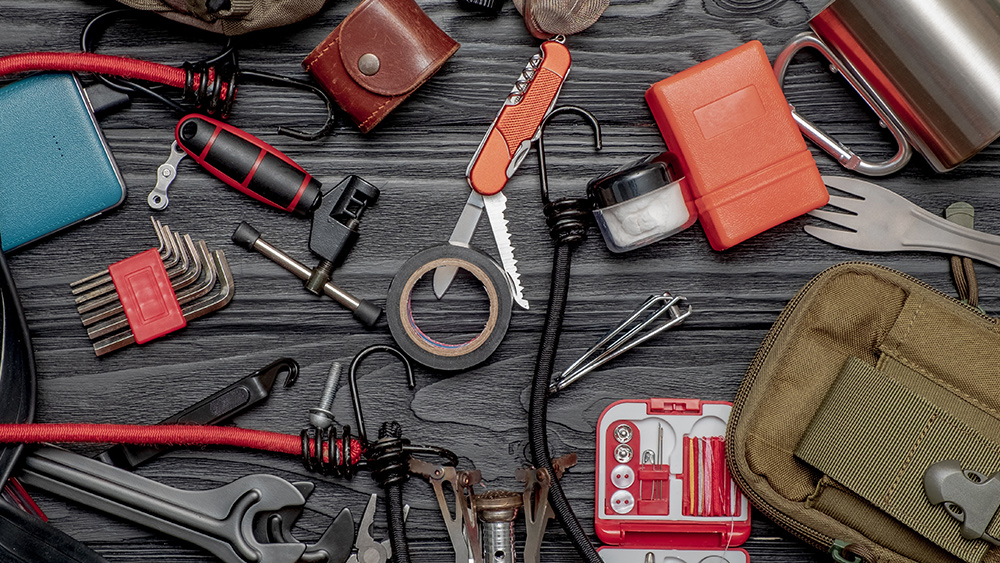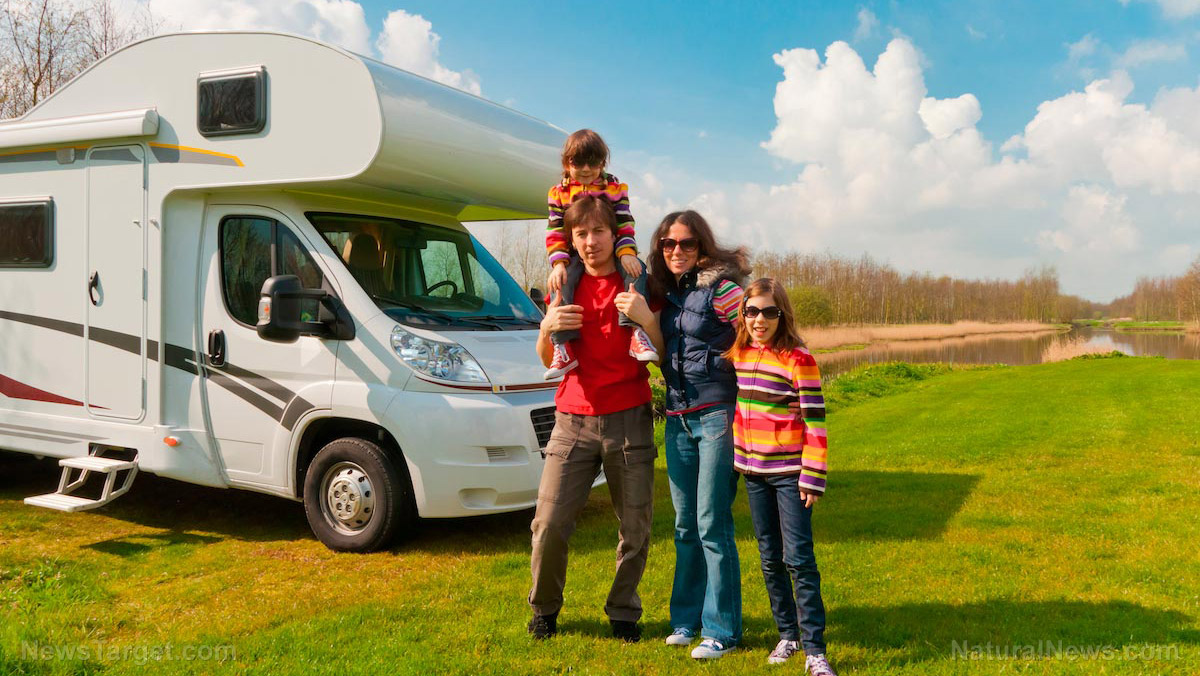
Preppers go to great lengths to prepare for any survival situation. For those who have their bug-out bags at the ready, the next logical step would be to prepare for when SHTF by bugging out in an RV. (h/t to TheSurvivalistBlog.net)
Sure, you can prepare bug-out bags (BOB) for your whole family for any threat or emergency, but you still have to worry about reaching your bug-out location in time. However, if you have an RV, that will be the least of your worries.
An RV is basically a small home on wheels, which makes it suitable for survival situations. It can also help you minimize costs since living in an RV will let you practice self-sufficiency and survival skills.
Before you head out and purchase the RV of your choice, you need to consider several factors first. Will you live in it full-time, or will you stay in your house and use the RV to prepare for survival scenarios?
For the first choice, you can sell your house so you can have funds to buy an RV. Doing so also gives you emergency money, and you can use some of it to buy survival gear. You'll learn to live with your BOB, and this is perfect practice for when SHTF.
For the second choice, you'll still have a home to come back to. In the meantime, you can store food, water, a first aid kit, and weapons for hunting and protection in the RV. You can also get a small trailer that can be hitched to a truck or SUV if you want a more inconspicuous vehicle.
Additional things you can pack in your vehicle include:
- Car escape tools (Like a Life Hammer, Ranger Rescue Entry Tool, etc.)
- Car repair kit
- Emergency blankets/Mylar blankets
- A fixed blade knife
- Gas can and siphon
- Several fire starters
- Tarp or camouflage for your vehicle
When choosing an RV, your options will be influenced by your needs and the versatility of the vehicle. Avoid RVs that are too big and heavy, which will be harder to hide. Try to get a versatile RV style so you can go off-roading, such as expedition RVs.
If you have the means to do so, you can also get a specialized RV. Get it equipped with military tires or heavy-duty radios and communication equipment. If you're handy enough, you can deck it out on your own.
Benefits of an RV
With a bug-out RV, you have easy access to a getaway vehicle and your BOB. If a disaster causes injuries, you can use your RV as a makeshift medical shelter. It will also protect you from the elements. (Related: Will you know when it’s time to bug out? 14 signs to watch for.)
Other benefits include:
- It's an indefinite shelter.
- It'll let you move around and live off-grid.
- It has more storage space for necessities.
Before you buy your RV, declutter your house. It may take several weeks, but you'll need to get rid of stuff you don't need by selling or donating them. Live with the bare essentials so you'll get used to life in an RV.
Once you purchase your RV, you might want to sell your house. If you own land, keep a fraction of it so you have a parking space and you can live on the land.
An RV offers many possibilities, such as your own mobile survival kitchen. Keep it stocked with non-perishable foods in cans. Store meat in a freezer in the RV when you go hunting. You can also store some herbs and natural cures in the kitchen.
However, an RV is not perfect and it will have a hard time holding up to natural disasters. Prepare accordingly so you won't be caught off-guard when you're on the road.
While winter in an RV seems preferable to one in a tent, you still have to make preparations. Avoid freezing pipes in your RV by insulating water hoses with aluminum foil, securing it with insulated heat wrap tape, and covering it with foam tubing. Do the same for other hoses or tubing that may freeze.
Buying an RV takes some preparation, but taking this step can make your life simpler and help improve your survival skills. Reconsider your current lifestyle, and keep in mind that regardless of your decision to purchase an RV to live in or as a bug-out vehicle, owning an RV can ensure your safety when SHTF.
You can learn more about prepping and survival in an RV at Bugout.news.
Sources include:
Please contact us for more information.






